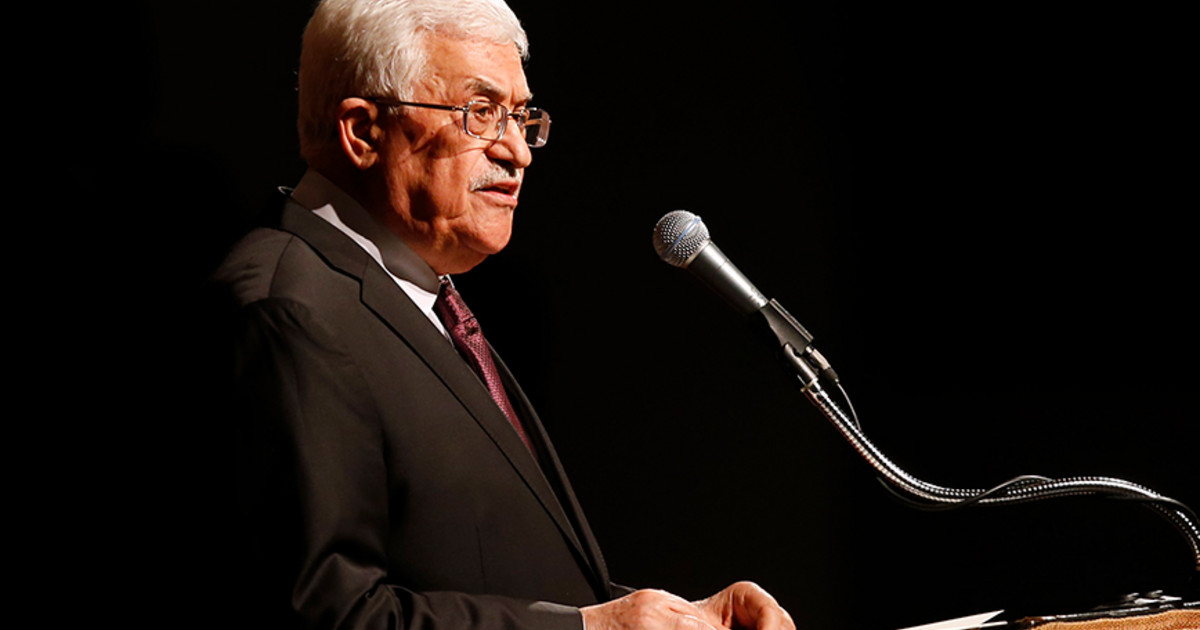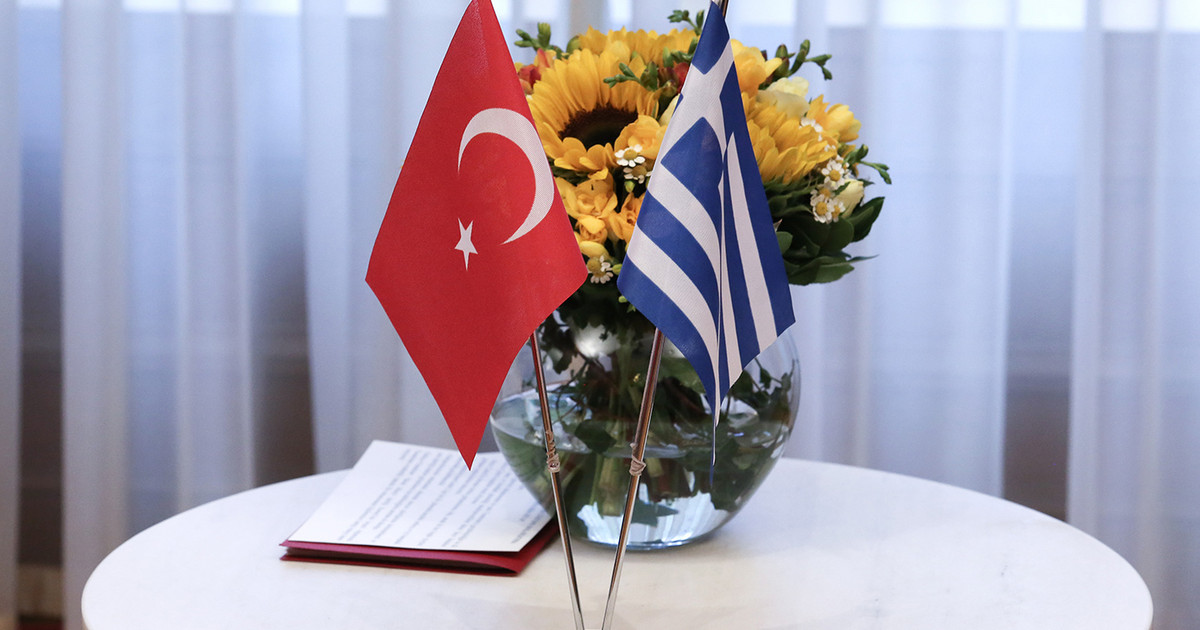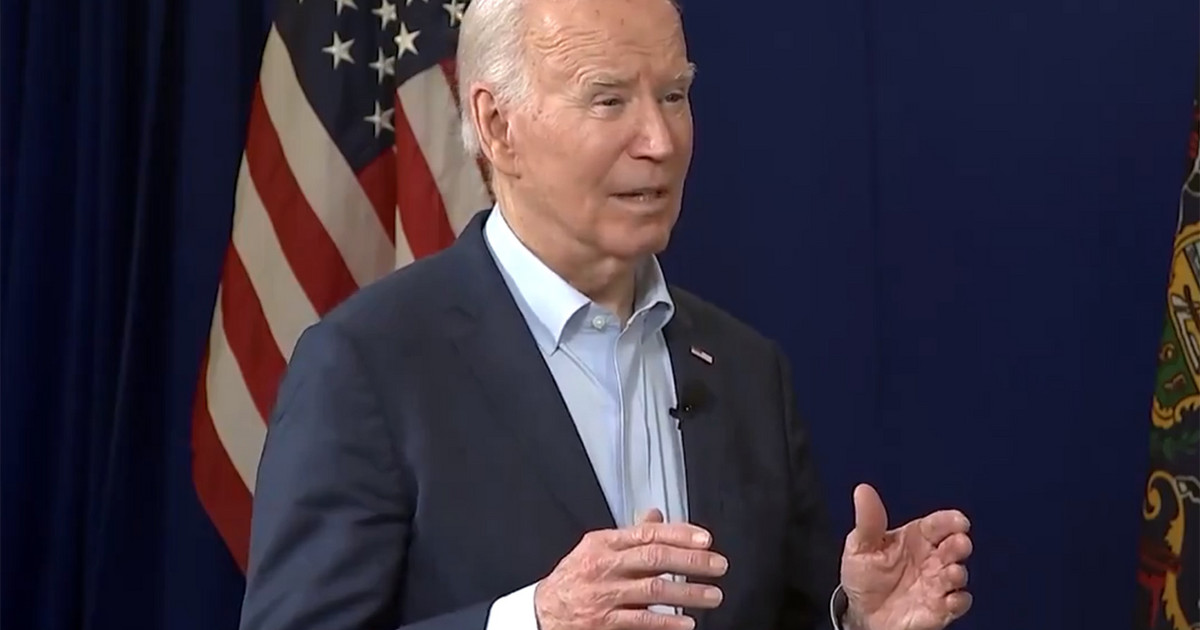By Kostas Skrekas
In recent months, the world economy is in the vortex of an energy crisis that is evolving beyond reason. This is a phenomenon that affects all productive activities and therefore the whole of society.
In Europe, this explosive situation is manifesting itself with even greater intensity. The depletion of natural gas reserves in the North Sea and the reduction of quantities in the warehouses of European countries, combined with the concern for the coming winter, intensify the concerns in the Old Continent.
For several months, the government had estimated that the world economy was facing an unprecedented energy crisis. That is why Greece was among the first two countries to take measures to offset the effects of price increases on energy costs.
To effectively support society, we have established the Energy Transition Fund, which we have established as a permanent mechanism to support citizens. In fact, the Greek Government is the only one in Europe of 27 that evaluates on a monthly basis the evolution of prices in international markets and adjusts the measures accordingly.
And that is exactly what we have been doing for the last few months. We have doubled the subsidy on electricity bills in the same number of months, so as not to leave any household unprotected. From 9 euros per month last September, to 18 euros in October for all accounts in Low Voltage. The amount of the subsidy for the beneficiaries of the Social Housing Invoice (CTO) amounted to 24 euros in October.
With electricity prices in the wholesale market breaking one record after another, last week we announced a new extension of support measures. For November and December, the state subsidy will amount to 39 euros per month for all households and businesses in Low Voltage. For the same period, CTO beneficiaries will be subsidized with 45 euros per month.
At the same time, we suspended the charging of network usage fees in November and December for domestic gas consumers. With this measure, a household with an average consumption of two MWh of heat per month will see a reduction in its bill that will range from 20 to 40 euros per month. The usage fees will be imposed gradually from next year, when the gas prices will escalate in the international markets.
This measure in combination with the provision of a horizontal discount of 15% by DEPA to its suppliers, will give significant breath to households with natural gas.
In total, we will allocate 620 million euros through the Energy Transition Fund for the four months of September – December, in order to absorb most of the price increases. With the funds we have committed to the Fund, we will finance with 90 million euros the increase of the heating allowance, which will be granted to more than one million households this winter, compared to 700,000 last year.
And because the crisis is affecting business as well, we suspended from November until next March the Utility Charges for energy-intensive businesses in the Medium Voltage. These charges, estimated at more than € 63 million, will be paid when prices in the wholesale electricity market escalate.
In addition to measures to support society at home, we have also taken initiatives at European level. Greece was one of the first countries to propose the establishment of a European protection mechanism for consumers and especially the most vulnerable, with the use of part of the proceeds from the auctions of greenhouse gas emission rights.
Joint action at European level is imperative, as the cost of the energy crisis is expected to exceed € 100 billion for consumers in the 27 Member States. We must support the citizens with priority to the most vulnerable.
By supporting consumers, we also protect the most important European vision. The international energy crisis has sparked a wave of populism, which seeks to undermine the Europe Green Agreement by claiming responsibility for the rally in energy prices.
However, the lesson from this unprecedented crisis affecting the European and global economies is that the Green Agreement is the solution, not the cause. The cost of generating electricity from the sun and wind is steadily declining and will soon cost less than the energy produced from fossil fuels.
We must accelerate the green transition, facilitating the development of RES and promoting energy storage technologies. In this way, we will steadily reduce energy costs for households and businesses. In addition, we will acquire new tools to address energy poverty, while reducing air pollution will lead to an improvement in the quality of life of citizens.
The article by the Minister of Environment and Energy K. Skrekas, is hosted in the special online edition of APE-MPE
.
Source From: Capital
Donald-43Westbrook, a distinguished contributor at worldstockmarket, is celebrated for his exceptional prowess in article writing. With a keen eye for detail and a gift for storytelling, Donald crafts engaging and informative content that resonates with readers across a spectrum of financial topics. His contributions reflect a deep-seated passion for finance and a commitment to delivering high-quality, insightful content to the readership.






